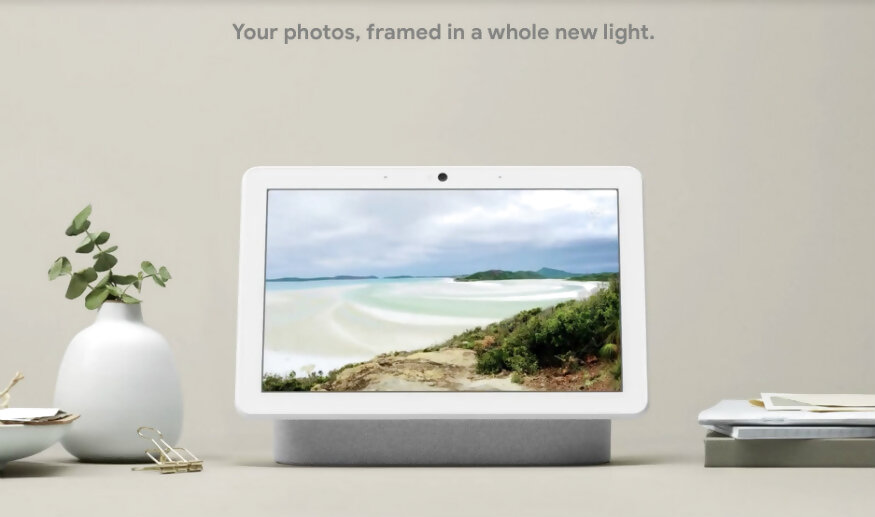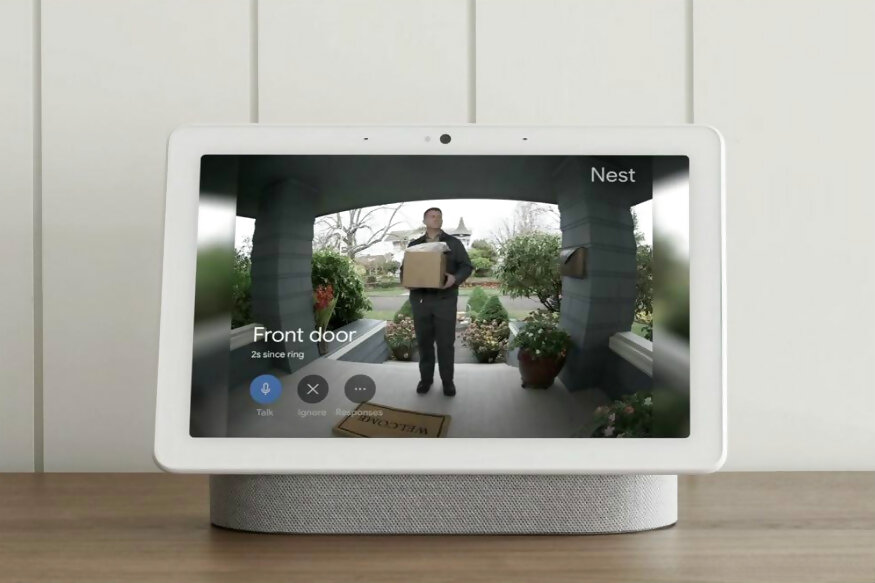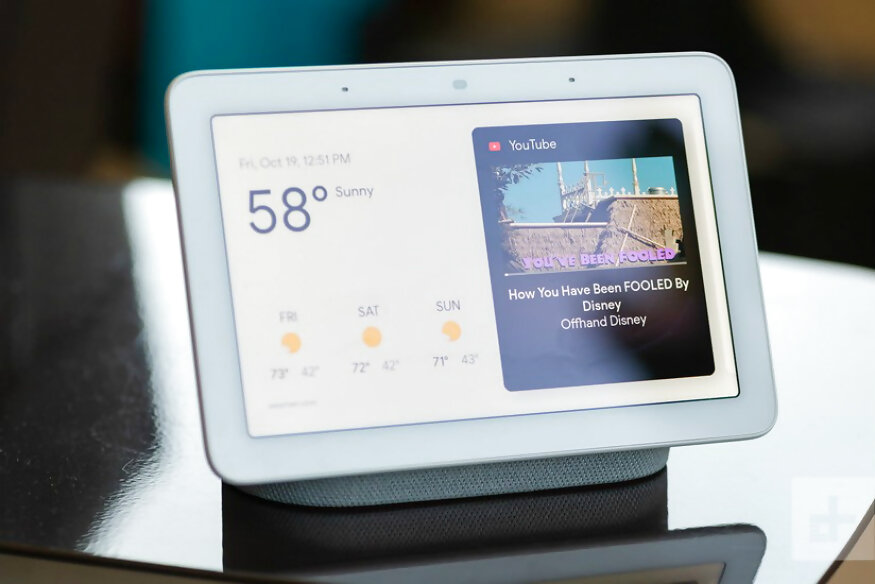
views
The Nest brand, under Google, will be the flag-bearer of the company’s smart home endeavours in the future. Launched yesterday, the Nest Hub Max is Google’s most wholesome smart home product so far, showing intent from Google in making a future-proof centrepiece of ambient home technology. However, with a growing concern around data collection and privacy, and the ever-increasing target base for hackers with these devices, the Nest Hub Max also happens to stir up a bit of a privacy debate, alongside all the innovation that it presents.
A smarter smart hub
Before you dismiss me as a skeptic, allow me to defend my case. Google has, over time, been very frequently accused of blatant data collection practices. With most of us using Android phones and Gmail for everyday sustenance, it is no surprise that Google has way too much of your data already. For instance, a few years ago, word came out of a surprising database of audio snippets that Google had recorded through Android phones, which the company eventually made public and allowed users to delete, alongside issuing an apology. Of late, it started offering some degree of control over exactly how much could it to track you, but many of its main features simply didn’t work without giving Google all the information.

While its upcoming Android Q attempts to address this with better transparency, the Nest Hub Max evened out the one step forward that Google took in privacy. The Hub Max combines the Home Hub, Home speaker and the Nest Camera into one device, which is extremely useful. It can be the centrepiece of all your smart appliances, play music, videos, remind you about tasks, set up calls, answer them on your behalf (with the new, improved Assistant), make video calls, and more. But, what price do you pay for this?
They see you
In short, it is seeing you, all the time. The Nest Hub Max camera reads your facial recognition data from a synchronised Pixel smartphone and store it locally. This does not help, seeing that the biometric scan of your face is synced from the cloud servers only. Once it recognises your face, it can follow around your movement so that if you are on a video call, your frame does not go blank. Interestingly, if you just walk up to it, the Nest Hub Max will automatically recognise your face and show updates you may have missed, such as emails that skipped your attention, or credit card statements. You can also use gestures for things like pausing music, if the doorbell suddenly rings.

It is this that incites my cyber paranoia to no end. For a camera to recognise your face or gestures at any time, it needs to be active throughout, including when you are not using it at all. It can work in your favour too, as a private home surveillance camera that you can use to monitor your pets or see if your kids ate dinner if you’ve left them alone.
Paranoia, justified
However, I am simply not comfortable with the idea of having such a product at home. As many studies have disclosed of late, the security aspect of these devices are not safe enough, and multiple attacks have breached them over time. If a malicious neighbour happened to take over my Wi-Fi network, they could get access to a surveillance camera and microphone combo placed by me, in my own home.
In wrong hands, this can go drastically wrong. Even if hacks do not occur, what if I do not want Google to have such invasive access into my life? I can apparently switch the camera off if I do not want to use it, but what is the point of providing a feature, and later asking me to choose between privacy and convenience? Even when the camera switches off, there is only the Assistant’s robotic prompt. How do I know it’s off for sure!

Sure, many would say that as the singular person, I am not important enough for Google to personally survey my data. I agree, but in the world of targeted advertisement-based revenue models, every ‘me’ adds up to preference data sheets of a billion users, and when these records are breached or misused, we have a huge problem. Hey Google, just because I am talking to my roommate about the Honda Civic being expensive, does not mean that I am looking for a car loan.
We are likely to see more users adopting products like the Nest Hub Max, in years to come. It is very convenient, and nobody thinks of themselves to be important enough, privacy-wise. In all the cacophony of innovation, the rather alarming aspects of privacy seem to be getting completely missed.


















Comments
0 comment